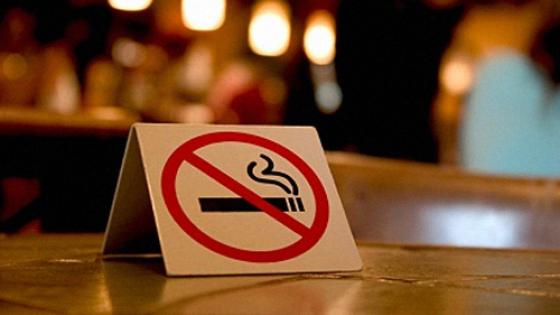
New Zealand’s new conservative government has announced plans to repeal the country’s world-leading smoking generation ban in order to fund tax cuts. The previous Jacinda Ardern-led government proposed legislation to prohibit cigarette sales to anyone born after 2008.
Smoking is the leading cause of preventable deaths in New Zealand, and the policy aims to prevent future generations from developing the habit. The change has taken health experts by surprise. According to public health modeling, smoke-free laws could save up to 5,000 lives each year.
Hpai Te Hauora, a national Mori health organization, called it an “unconscionable blow to the health and wellbeing of all New Zealanders.”
Smoking rates, as well as associated disease and health issues, are highest among New Zealand’s indigenous Mori population, which experts predicted would benefit the most from the policy.
Along with prohibiting sales to children, the legislation would have removed tobacco products from 90% of New Zealand stores that currently sell them, as well as regulated cigarettes to contain less nicotine.
The announcement surprised health experts
New Zealand’s Smokefree policy is thought to have inspired the UK government to announce a similar smoking ban for young people in September.
However, business groups in New Zealand have consistently criticized the policy, with owners of newsagents and corner shops criticizing the loss of revenue from tobacco sales, even with government subsidies. Conservative lawmakers also claimed that a ban would create a black market for tobacco.
New Zealand’s new finance minister, Nicola Willis, announced on Saturday that the coalition government would repeal the laws to help fund tax cuts promised during the election.
The ruling National Party had not campaigned on repealing the laws, so the announcement surprised health experts who thought the policy would be safe under a national government.
Ms. Willis, on the other hand, said National’s coalition partners, the populist New Zealand First and the libertarian Act, had been “insistent” on repealing the smoke-free legislation.
“New Zealand’s smoking generation ban had a significant impact on the government books”
Despite a landslide victory in the October 14 election, the center-right National Party has struggled for weeks over policy in its negotiations with the two minor parties to form a coalition government.
Only six weeks after the election, a deal was reached, allowing the new government to be sworn in on Monday.
Both minor parties obstructed one of National’s flagship policies, which sought to open up foreign property ownership in order to fund tax cuts for middle- and upper-income earners.
Ms. Willis told New Zealand broadcaster TV3‘s Newshub Nation on Saturday that this led to the party looking elsewhere.
“We have to remember that the changes to the smoke-free legislation had a significant impact on the government books, with about a billion dollars there,” she said. However, several public health experts have criticized the direction.
“The suggestion that tax cuts would be paid by people who continue to smoke is absolutely shocking,” Emeritus Professor Robert Beaglehole, chair of New Zealand’s Action for Smokefree 2025 committee, told Pacific Media Network.
New Zealand’s national smoking rate is still set to fall to 5% by 2025
According to public health modeling done in 2022, the Smokefree policy would have saved New Zealand’s health system approximately NZ$1.3 billion (£630 million; $790 million) over the next 20 years.
New Zealand’s national smoking rate is still set to fall to 5% by 2025, with the goal of eventually eliminating it entirely.
According to national data, over 80,000 adults have quit smoking in the last year. Approximately 8% of its adult population currently smokes.
